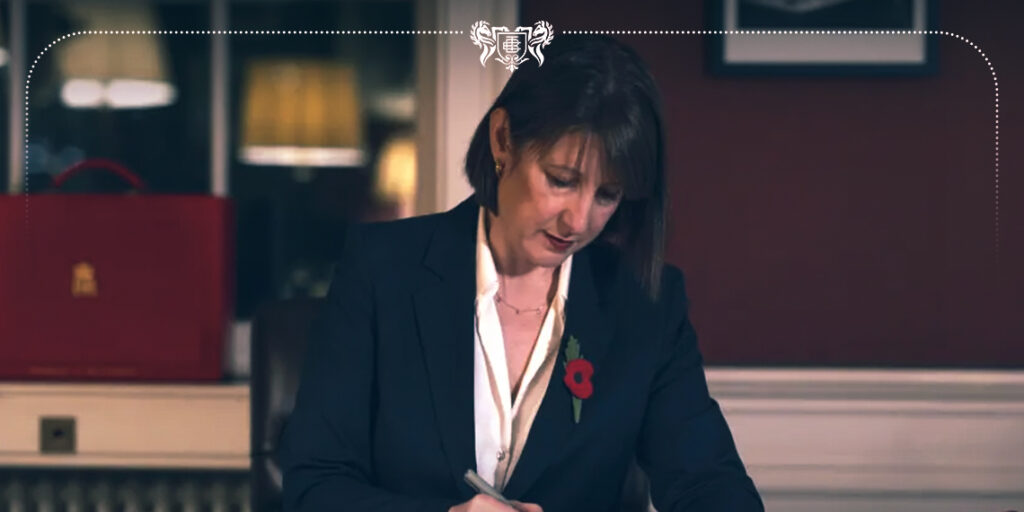Chancellor Rachel Reeves introduced tax measures set to generate an unprecedented £40 billion, part of a landmark first Budget that seeks to address what she describes as a “£22 billion funding black hole” inherited from prior Conservative administrations.
Reeves vowed that Labour would never again “allow a government to play fast and loose with public finances.”
After months of preparing the public for “tough choices,” Reeves emphasised Labour’s commitment to “invest, invest, invest” to improve the nation’s essential public services.
The Budget includes an increase in employer national insurance contributions, higher stamp duty rates on second homes, and the removal of VAT exemptions on private school fees.
Additionally, a new duty will be levied on vaping liquids, part of a broader effort to raise funds while discouraging public health risks.
In an unexpected move, Reeves announced that the current freeze on income tax thresholds—widely known as a “stealth tax”—will not be extended past 2028, and that a proposed hike in fuel duty has been scrapped.
Reeves capped off her announcement with a major commitment to the National Health Service (NHS), revealing a £22.6 billion increase in day-to-day health spending and a further £3.1 billion boost in capital spending for this year and the next.
“Because of the difficult decisions that I have taken on tax, welfare, and spending, I can announce that I am providing a £22.6 billion increase in the day-to-day health budget,” she declared.
The chancellor’s budget underscores Labour’s focus on funding public health and infrastructure, positioning her administration as fiscally responsible and committed to reversing years of austerity.


